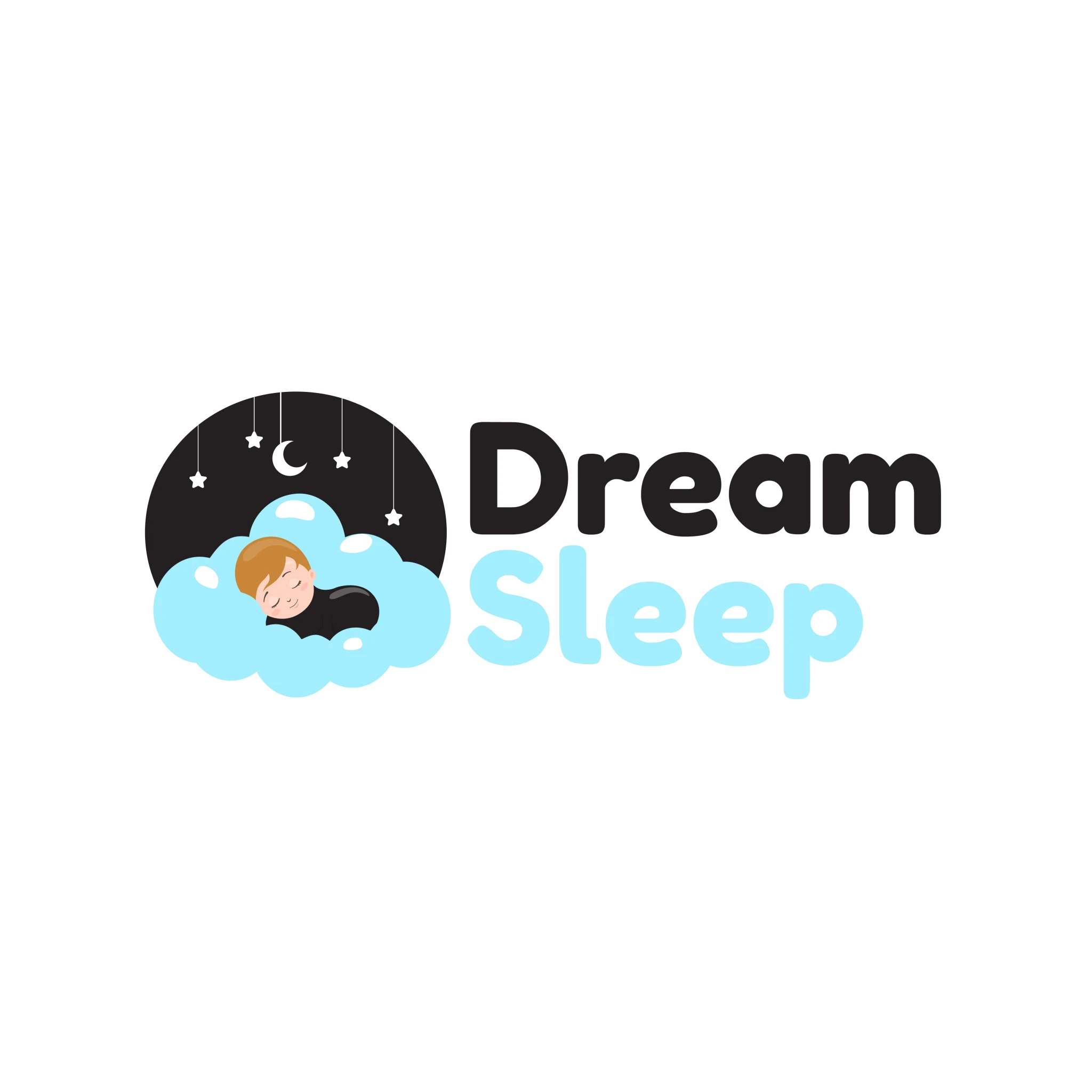What is age appropriate when is comes to overnight feeding?
Feeding overnight and sleep patterns can be influenced by various factors, including age. Let’s explore how age can affect these aspects:
Infants and Newborns:
Newborn babies typically have irregular sleep patterns and need to be fed frequently throughout the night. They have small stomachs and require regular feeding to meet their nutritional needs. Their sleep is often fragmented, with shorter periods of sleep and frequent awakenings for feeding and other needs.
Infants (0-6 months):
1. Infants in this age range typically need night feedings as their stomachs are small and they require frequent feedings.
2. It’s common for infants to wake up for feedings every 2-4 hours during the night.
3. Breastfed infants may feed more frequently than formula-fed infants due to the composition of breast milk.
Babies and Toddlers:
As babies grow older, their sleep patterns generally become more consolidated, with longer periods of sleep at night. However, they may still wake up for nighttime feedings, especially if they haven’t yet transitioned to solid foods or are breastfeeding. Some parents choose to implement sleep training methods to encourage longer stretches of uninterrupted sleep.
Toddlers (6 months and older):
1. By around 6 months, many babies can sleep for longer stretches at night without needing to be fed.
2. If your child is already sleeping through the night without needing to feed, there may not be a need for night feedings.
3. If your toddler still requires night feedings, it’s important to ensure they are receiving enough calories and nutrition during the day. You can gradually reduce the frequency of night feedings over time.
3. Preschoolers and School-Aged Children: By preschool age, most children can sleep through the night without needing to be fed. However, some children may develop habits of nighttime eating or may wake up due to hunger or other reasons. Establishing consistent bedtime routines and providing balanced meals throughout the day can help minimise nighttime hunger.
It’s important to note that individual variations exist within each age group, and the information provided above represents general trends. If you have specific concerns about feeding or sleep patterns related to a particular age group, it is advisable to consult with a GP/paediatrician or contact Dream Sleep Occupational Therapy who can provide personalised advice about sleep.
To discuss this further about your infant and individual needs, please contact Dream Sleep Occupational Therapy via email info@DreamSleepOT.com.au or visit the website.
Or Book Now
Share this:
Leave a comment
Previous Post

For the best sleep possible
Dream Sleep Occupational Therapy provides evidence-based and personalised advice to support your family’s best possible sleep
Contact Us
Open Hours
Mon-Fri: By appointment only
Saturday: Closed
Sunday: Closed
Public Holidays: Closed
WA School Holidays: Closed
Location
Maylands, Western Australia.
Telehealth, online courses and sleep guides- worldwide
All Rights Reserved 2025 Dream Sleep OT.


